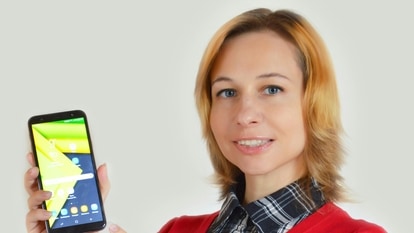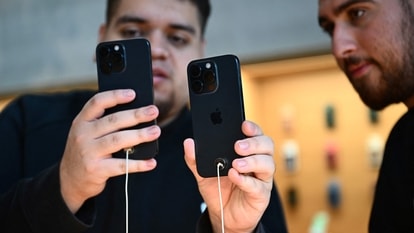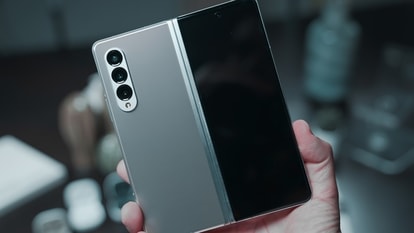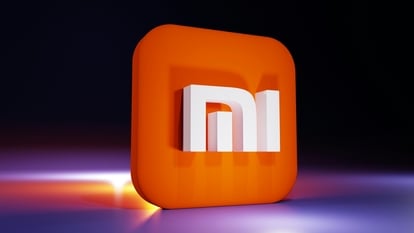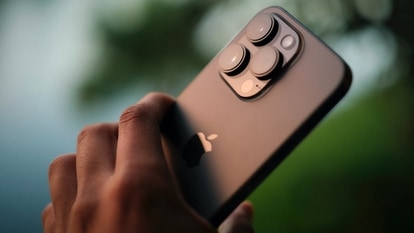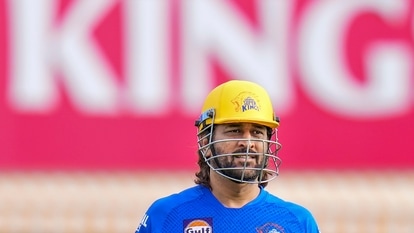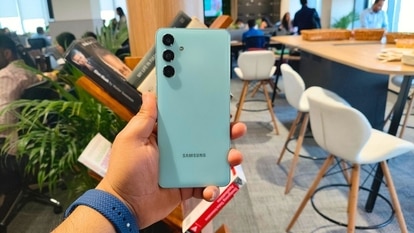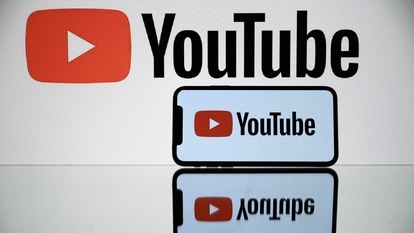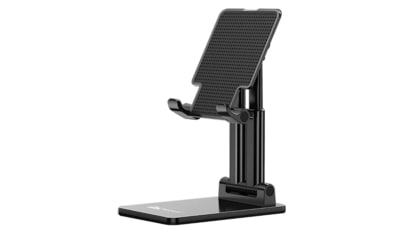The year of social media soul-searching: Twitter dies, X and Threads are born and AI gets personal
We lost Twitter and got X. We tried out Bluesky and Mastodon (well, some of us did). We fretted about AI bots and teen mental health.
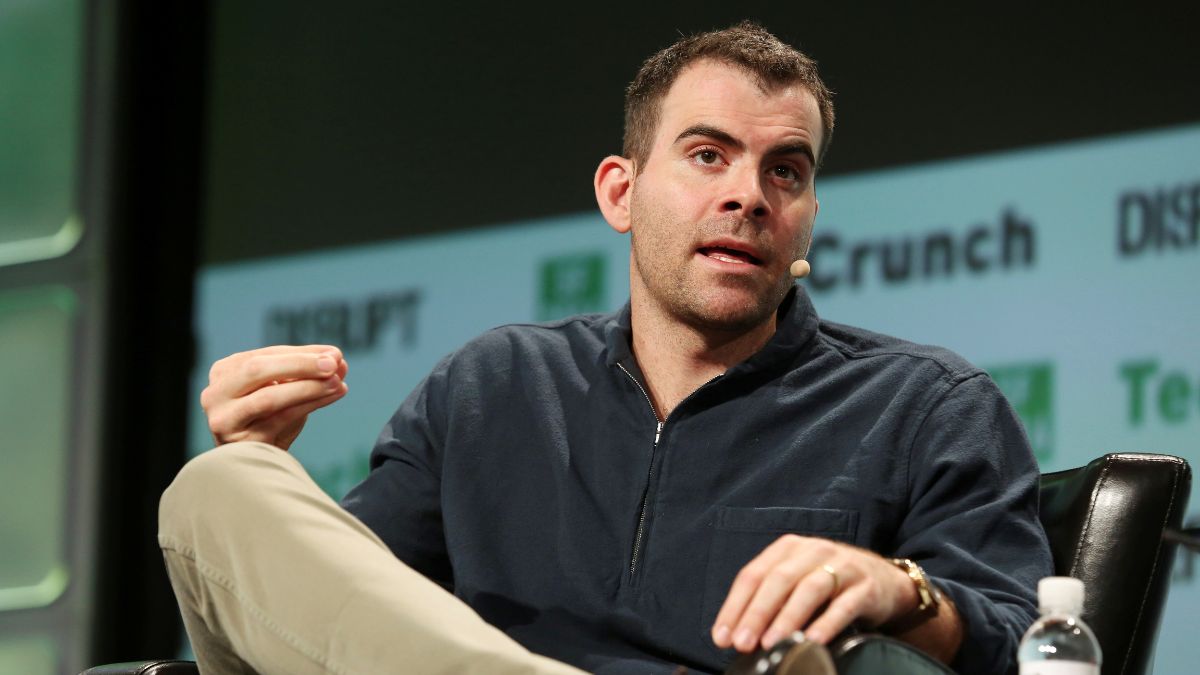
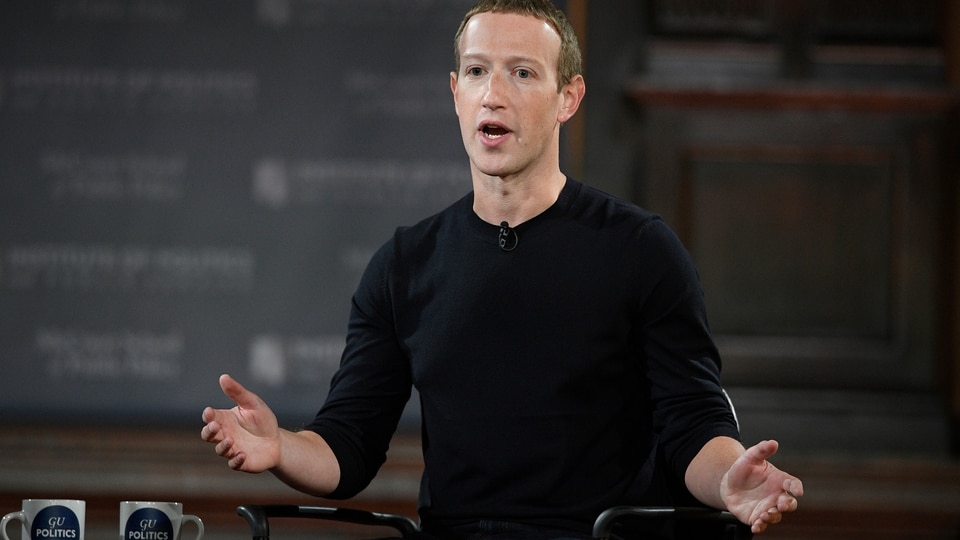
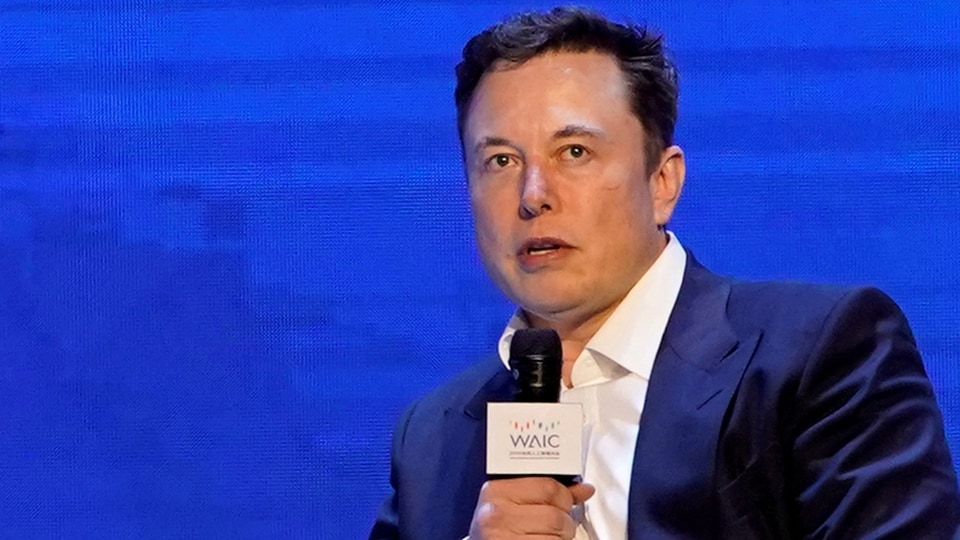
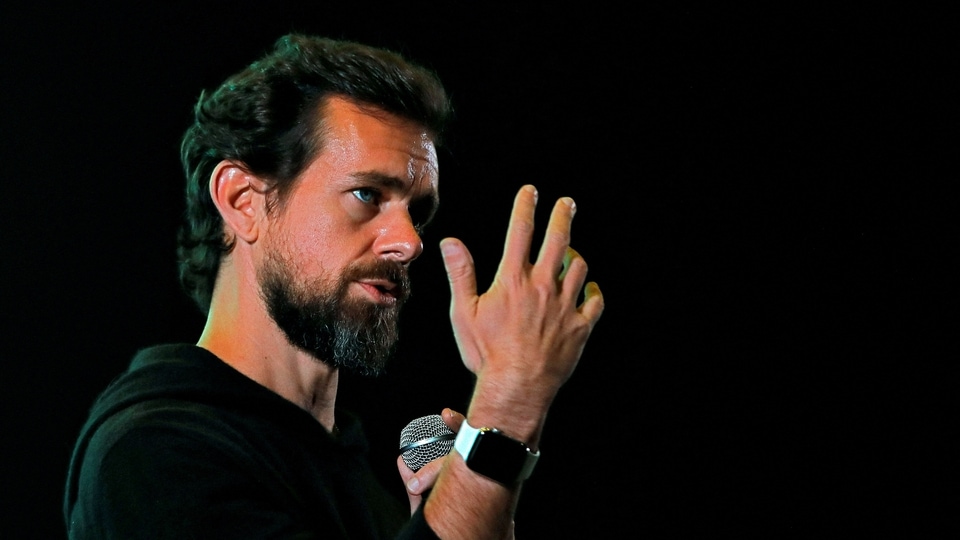
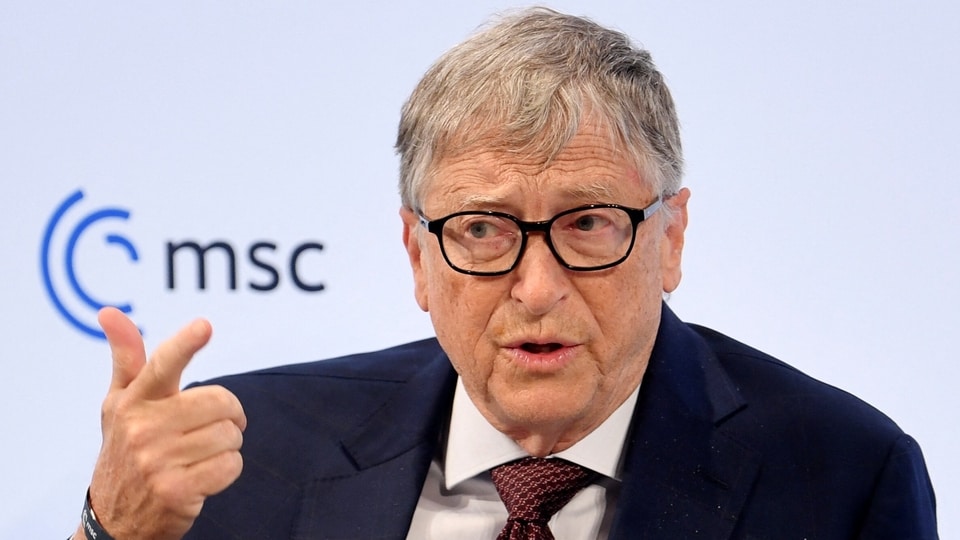


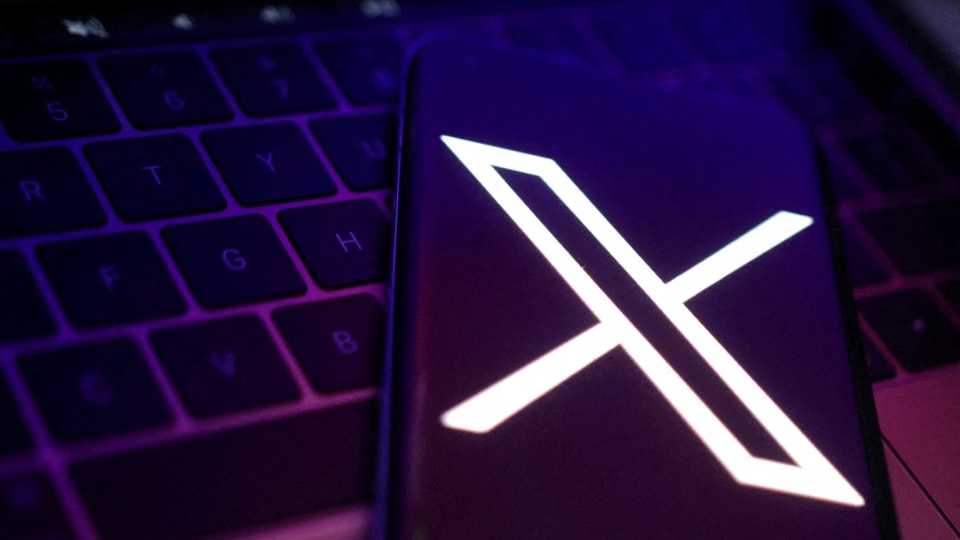
 View all Images
View all ImagesWe lost Twitter and got X. We tried out Bluesky and Mastodon (well, some of us did). We fretted about AI bots and teen mental health. We cocooned in private chats and scrolled endlessly as we did in years past. For social media users, 2023 was a year of beginnings and endings, with some soul-searching in between.
Here's a look back some of the biggest stories in social media in 2023 — and what to watch for next year:
GOODBYE TWITTER
A little more than a year ago, Elon Musk walked into Twitter 's San Francisco headquarters, fired its CEO and other top executives and began transforming the social media platform into what's now known as X.
Musk revealed the X logo in July. It quickly replaced Twitter's name and its whimsical blue bird icon, online and on the company's San Francisco headquarters.
"And soon we shall bid adieu to the twitter brand and, gradually, all the birds,” Musk posted on the site.
Because of its public nature and because it attracted public figures, journalists and other high-profile users, Twitter always had an outsized influence on popular culture — but that influence seems to be waning.
We are now on WhatsApp. Click to join.
“It had a lot of problems even before Musk took it over, but it was beloved brand with a clear role in the social media landscape,” said Jasmine Enberg, a social media analyst at Insider Intelligence. “There are still moments of Twitter magic on the platform, like when journalists took the platform to post real-time updates about the OpenAI drama, and the smaller communities on the platform remain important to many users. But the Twitter of the past 17 years is largely gone, and X's reason for existence is murky.”
Since Musk's takeover, X has been bombarded by allegations of misinformation and racism, endured significant advertising losses and suffered declines in usage. It didn't help when Musk went on an expletive-ridden rant in an on-stage interview about companies that had halted spending on X. Musk asserted that advertisers that pulled out were engaging in “blackmail” and, using a profanity, essentially told them to get lost.
Continuing the trend of welcoming back users who had been banned by the former Twitter for hate speech or spreading misinformation, in December, Musk restored the X account of conspiracy theorist Alex Jones, pointing to an unscientific poll he posted to his followers that came out in favor of the Infowars host who repeatedly called the 2012 Sandy Hook school shooting a hoax.
LGBTQ and other organizations supporting marginalized groups, meanwhile, have been raising alarms about X becoming less safe. In April, for instance, it quietly removed a policy against the “targeted misgendering or deadnaming of transgender individuals. In June, the advocacy group GLAAD called it “the most dangerous platform for LGBTQ people.”
GLSEN, an LGBTQ education group, announced in December that it was leaving X, joining other groups such as the suicide prevention nonprofit Trevor Project, saying that Musk's changes "have birthed a new platform that enables its users to harass and target the LGBTQ community without restriction or discipline.”
HELLO X. AND THREADS. AND BLUESKY
Musk's ambitions for X include transforming the platform into an “everything app” — like China's WeChat, for instance. The problem? It's not clear if U.S. and Western audiences are keen on the idea. And Musk himself has been pretty vague on the specifics.
While X contends with an identity crisis, some users began looking for a replacement. Mastodon was one contender, along with Bluesky, which actually grew out of Twitter — a pet project of former CEO Jack Dorsey, who still sits on its board of directors.
When tens of thousands of people, many of them fed-up Twitter users, began signing up for the (still) invite-only Bluesky in the spring, the app had less than 10 people working on it, said CEO Jay Graber recently.
This meant "scrambling to keep everything working, keeping people online, scrambling to add features that we had on the roadmap,” she said. For weeks, the work was simply “scaling” — ensuring that the systems could handle the influx.
“We had one person on the app for a while, which was very funny, and there were memes about Paul versus all of Twitter's engineers,” she recalled. “I don't think we hired a second app developer until after the crazy growth spurt.”
Seeing an opportunity to lure in disgruntled Twitter users, Facebook parent Meta launched its own rival, Threads, in July. It soared to popularity as tens of millions began signing up — though keeping people on has been a bit of a challenge. Then, in December, Meta CEO Mark Zuckerberg announced in a surprise move that the company was testing interoperability — the idea championed by Mastodon, Bluesky and other decentralized social networks that people should be able to use their accounts on different platforms — kind of like your email address or phone number.
“Starting a test where posts from Threads accounts will be available on Mastodon and other services that use the ActivityPub protocol,” Zuckerberg posted on Threads in December. “Making Threads interoperable will give people more choice over how they interact and it will help content reach more people. I'm pretty optimistic about this.”
MENTAL HEALTH WORRIES
Social media's impact on children's mental health hurtled toward a reckoning this year, with the U.S. Surgeon General warning in May that there is not enough evidence to show that social media is safe for children and teens — and calling on tech companies, parents and caregivers to take “immediate action to protect kids now.”
"We're asking parents to manage a technology that's rapidly evolving that fundamentally changes how their kids think about themselves, how they build friendships, how they experience the world — and technology, by the way, that prior generations never had to manage,” Dr. Vivek Murthy told The Associated Press. “And we're putting all of that on the shoulders of parents, which is just simply not fair.”
In October, dozens of U.S. states sued Meta for harming young people and contributing to the youth mental health crisis by knowingly and deliberately designing features on Instagram and Facebook that addict children to its platforms.
In November, Arturo Béjar, a former engineering director at Meta, testified before a Senate subcommittee about social media and the teen mental health crisis, hoping to shed light on how Meta executives, including Zuckerberg, knew about the harms Instagram was causing but chose not to make meaningful changes to address them.
The testimony came amid a bipartisan push in Congress to adopt regulations aimed at protecting children online. In December, the Federal Trade Commission proposed sweeping changes to a decades-old law that regulates how online companies can track and advertise to children, including turning off targeted ads to kids under 13 by default and limiting push notifications.
WHAT TO WATCH FOR IN '24
Your AI friends have arrived — but chatbots are just the beginning. Standing in a courtyard at his company's Menlo Park, California headquarters, Zuckerberg said this fall that Meta is “focused on building the future of human connection” — and painted a near-future where people interact with hologram versions of their friends or coworkers and with AI bots built to assist them. The company unveiled an army of AI bots — with celebrities such as Snoop Dogg and Paris Hilton lending their faces to play them — that social media users can interact with.
Next year, AI will be “integrated into virtually every corner of the platforms,” Enberg said.
“Social apps will use AI to drive usage, ad performance and revenues, subscription sign ups, and commerce activity. AI will deepen both users' and advertisers' reliance and relationship with social media, but its implementation won't be entirely smooth sailing as consumer and regulatory scrutiny will intensify,” she added.
The analyst also sees subscriptions as an increasingly attractive revenue stream for some platforms. Inspired by Musk's X, subscriptions “started as a way to diversify or boost revenues as social ad businesses took a hit, but they have persisted and expanded even as the social ad market has steadied itself.”
With major elections coming up in the U.S. and India among other countries, AI's and social media's role in misinformation will continue to be front and center for social media watchers.
"We're not prepared for this,” A.J. Nash, vice president of intelligence at the cybersecurity firm ZeroFox, told the AP in May. ”To me, the big leap forward is the audio and video capabilities that have emerged. When you can do that on a large scale, and distribute it on social platforms, well, it's going to have a major impact.”
Catch all the Latest Tech News, Mobile News, Laptop News, Gaming news, Wearables News , How To News, also keep up with us on Whatsapp channel,Twitter, Facebook, Google News, and Instagram. For our latest videos, subscribe to our YouTube channel.


















